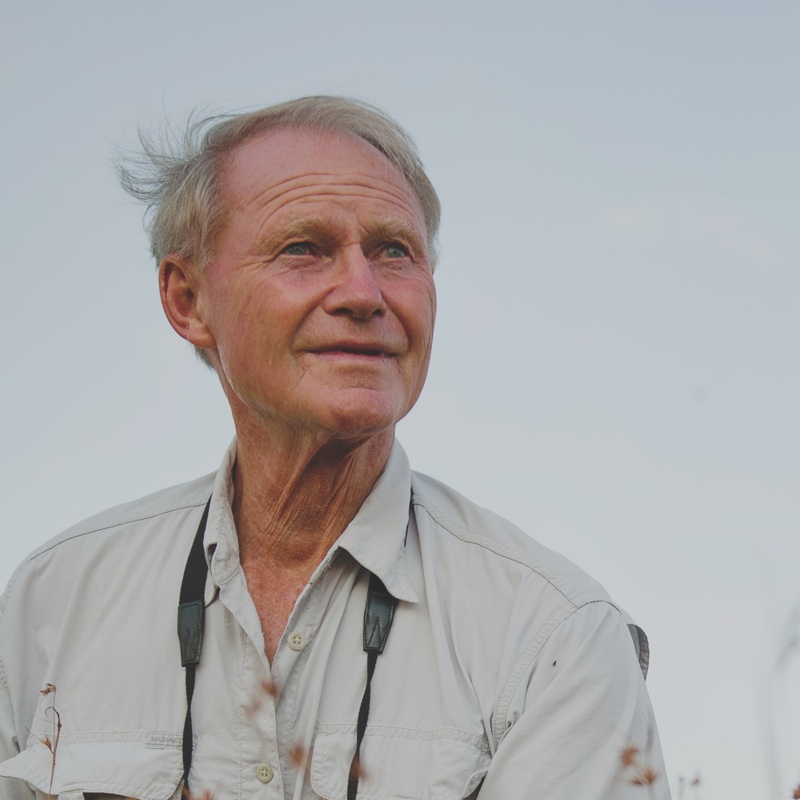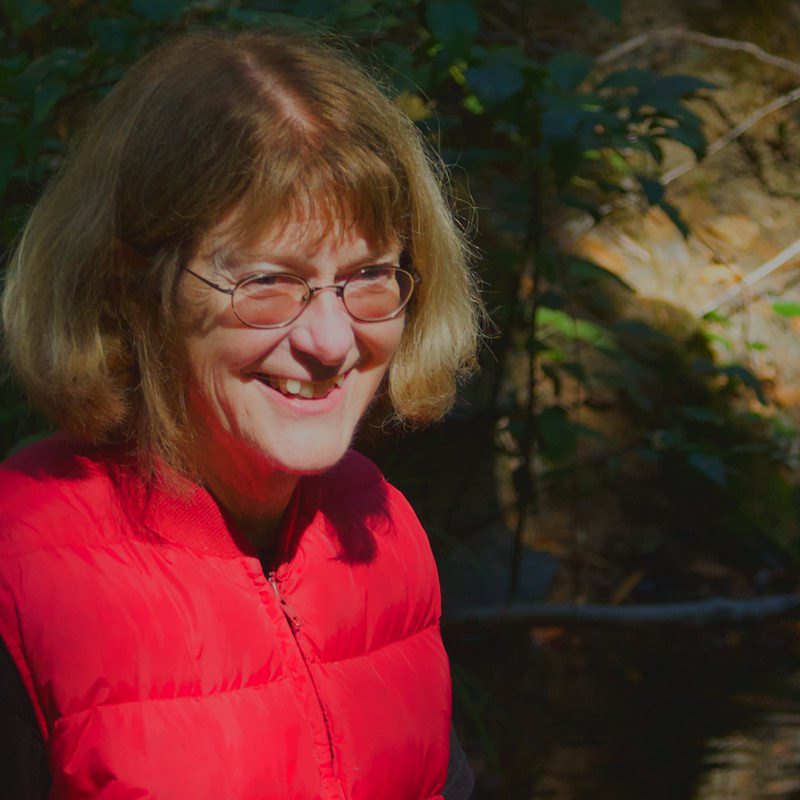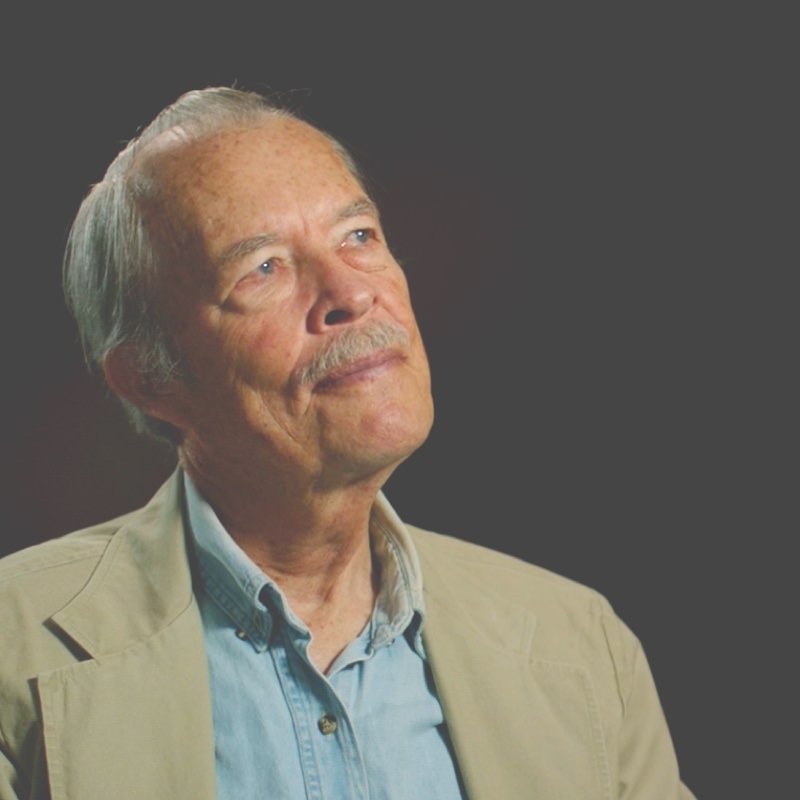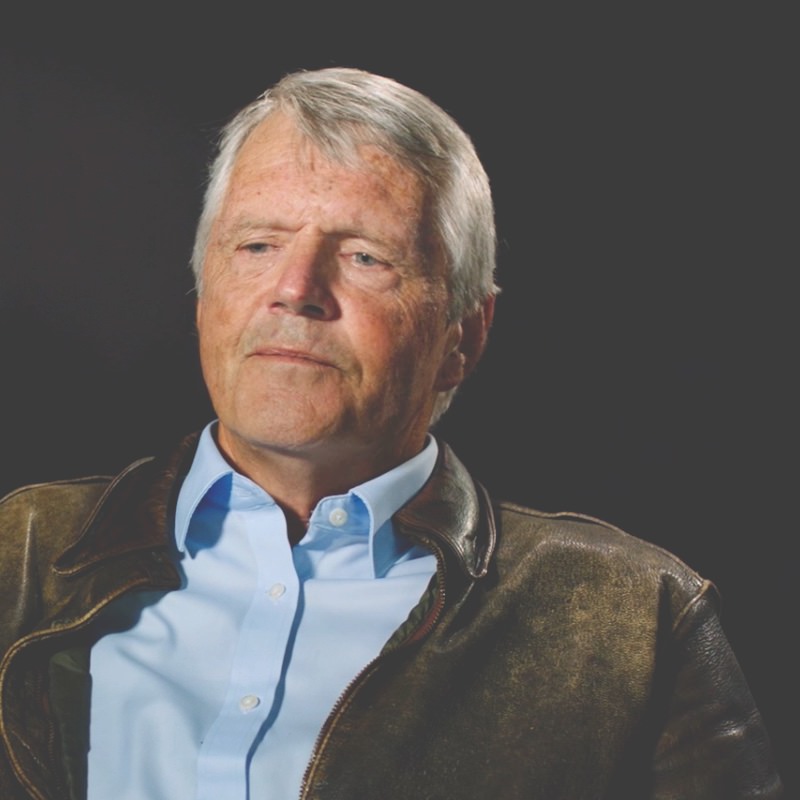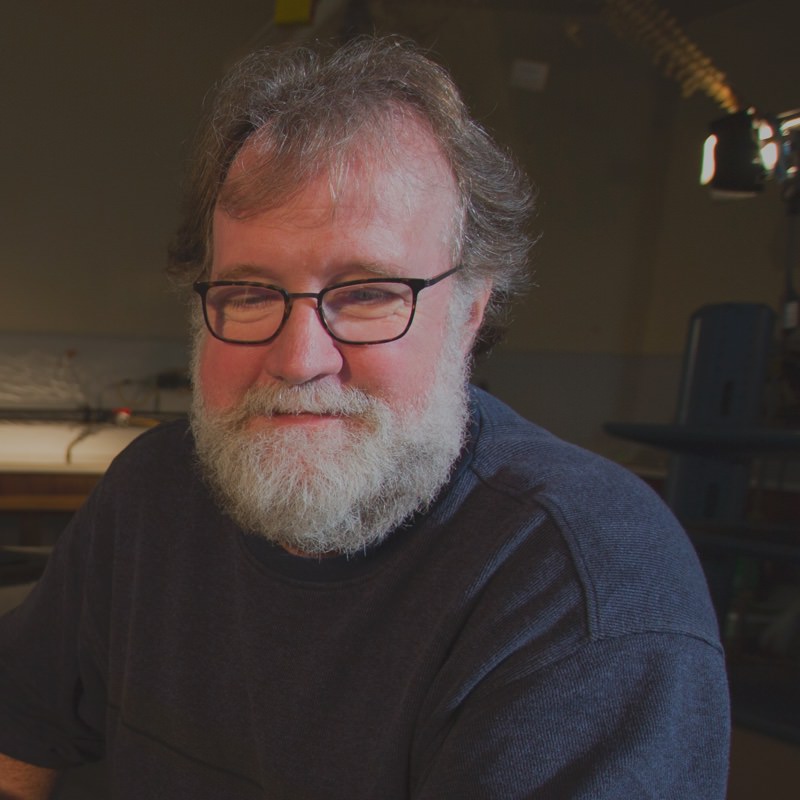Bob Paine (1933 - 2016) was a Harvard University graduate and earned his doctoral degree from the University of Michigan. In 1962, he began teaching at the University of Washington where he did his research for 36 years. After retirement, he continued his research and writing.
His most notable research was on the communities of the intertidal zone on Mukkah Bay Tatoosh Island, Wash. Paine discovered two fundamental ecological concepts - keystone species, when a species has an out-sized impact on communities, and trophic cascades, when creatures have strong indirect domino effects throughout a food chain.
Paine is one of the most honored ecologists of his generation. He received the 1983 Robert H. MacArthur Award from the Ecological Society of America, the 1996 Sewall Wright Award, and the 2013 International Cosmos Prize. He was also granted the Honorary Lifetime Membership Award from the American Society of Naturalists in 2009 and in 1986 he was elected to the National Academy of Sciences.
Peter Kareiva, director of the Institute of the Environment and Sustainability at the UCLA, wrote of Dr. Paine: "He insisted on experiments in ecology at a time when others were content with simply explaining patterns. I think he turned ecology from quantitative natural history into a modern science."


